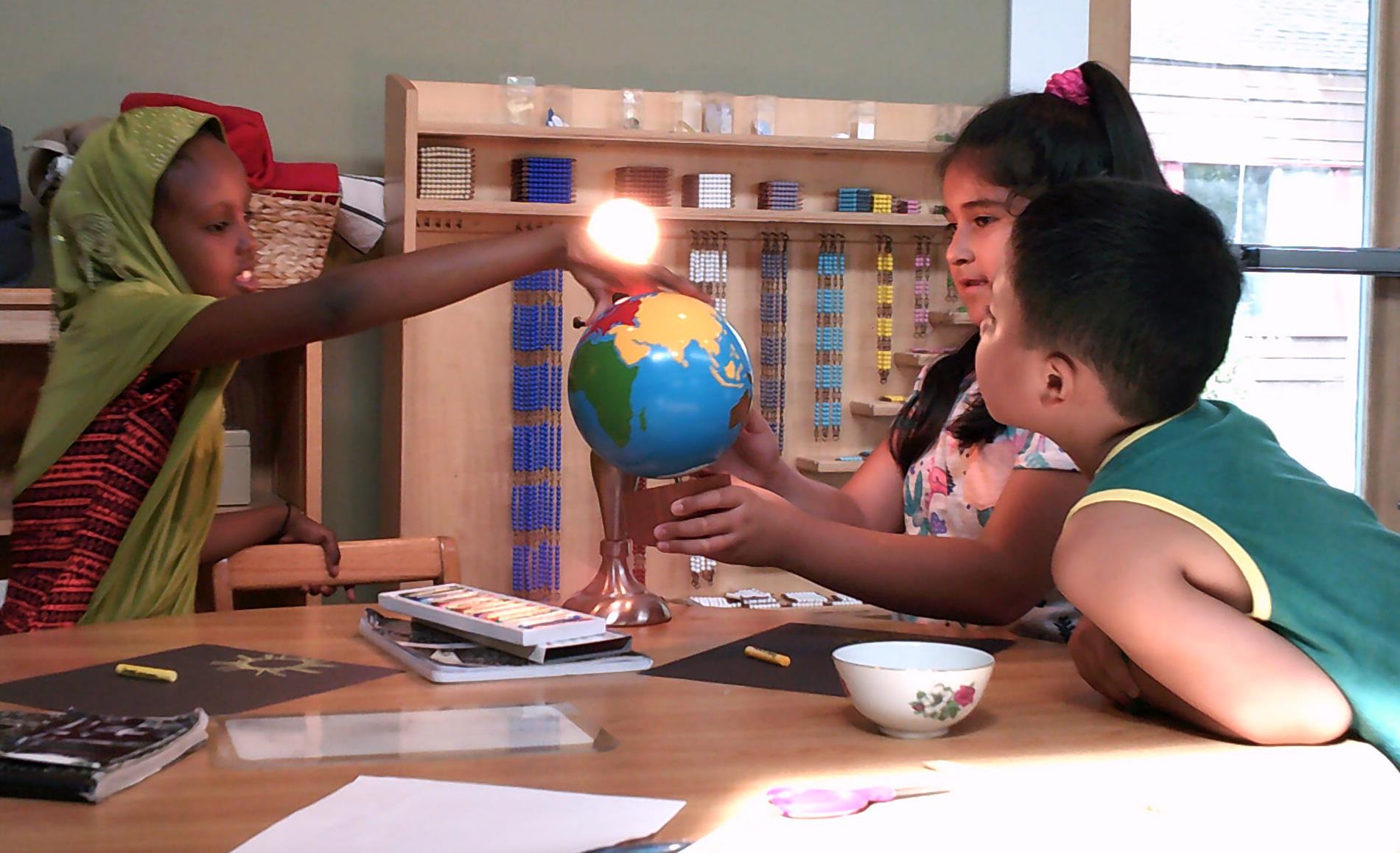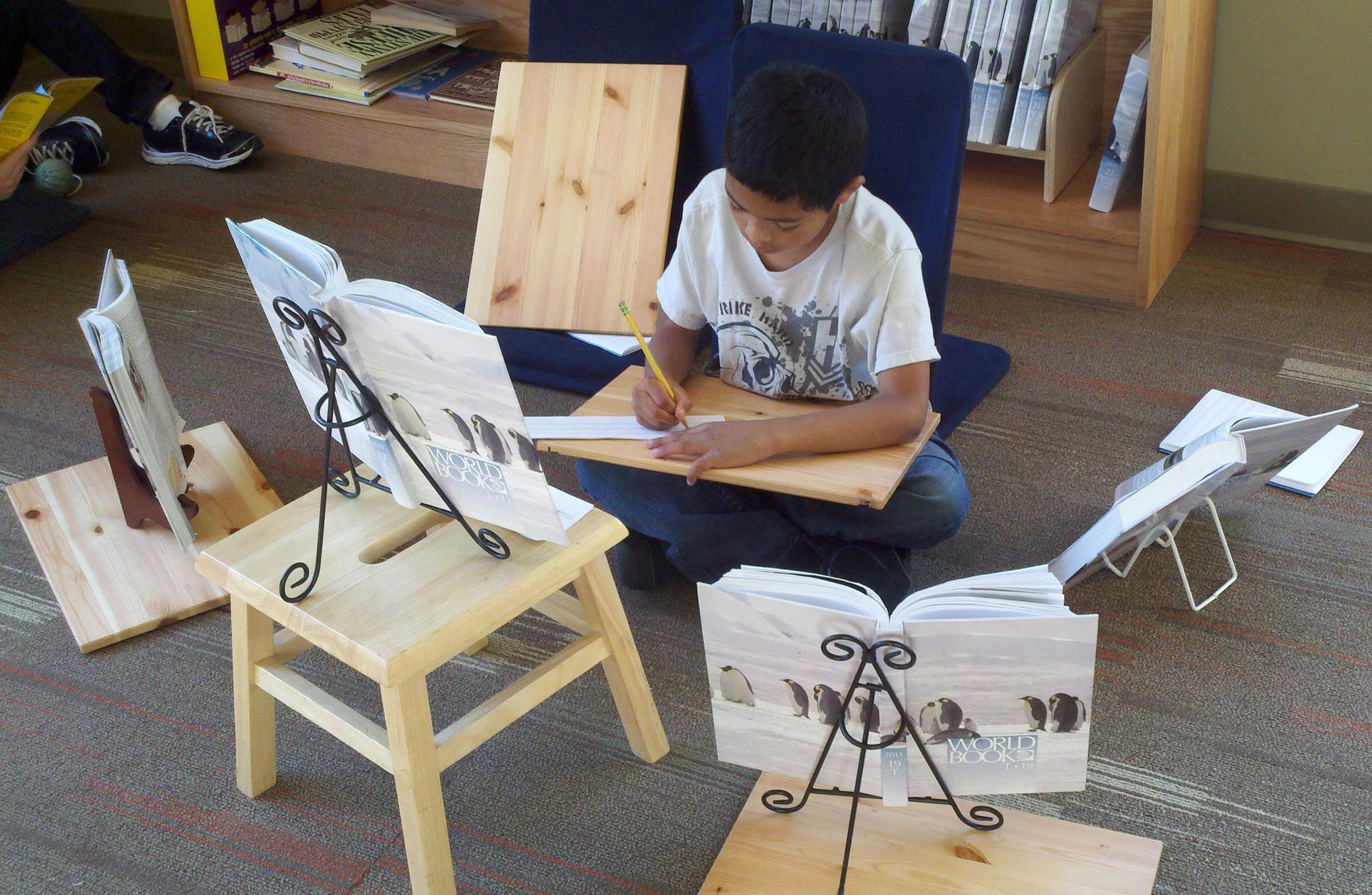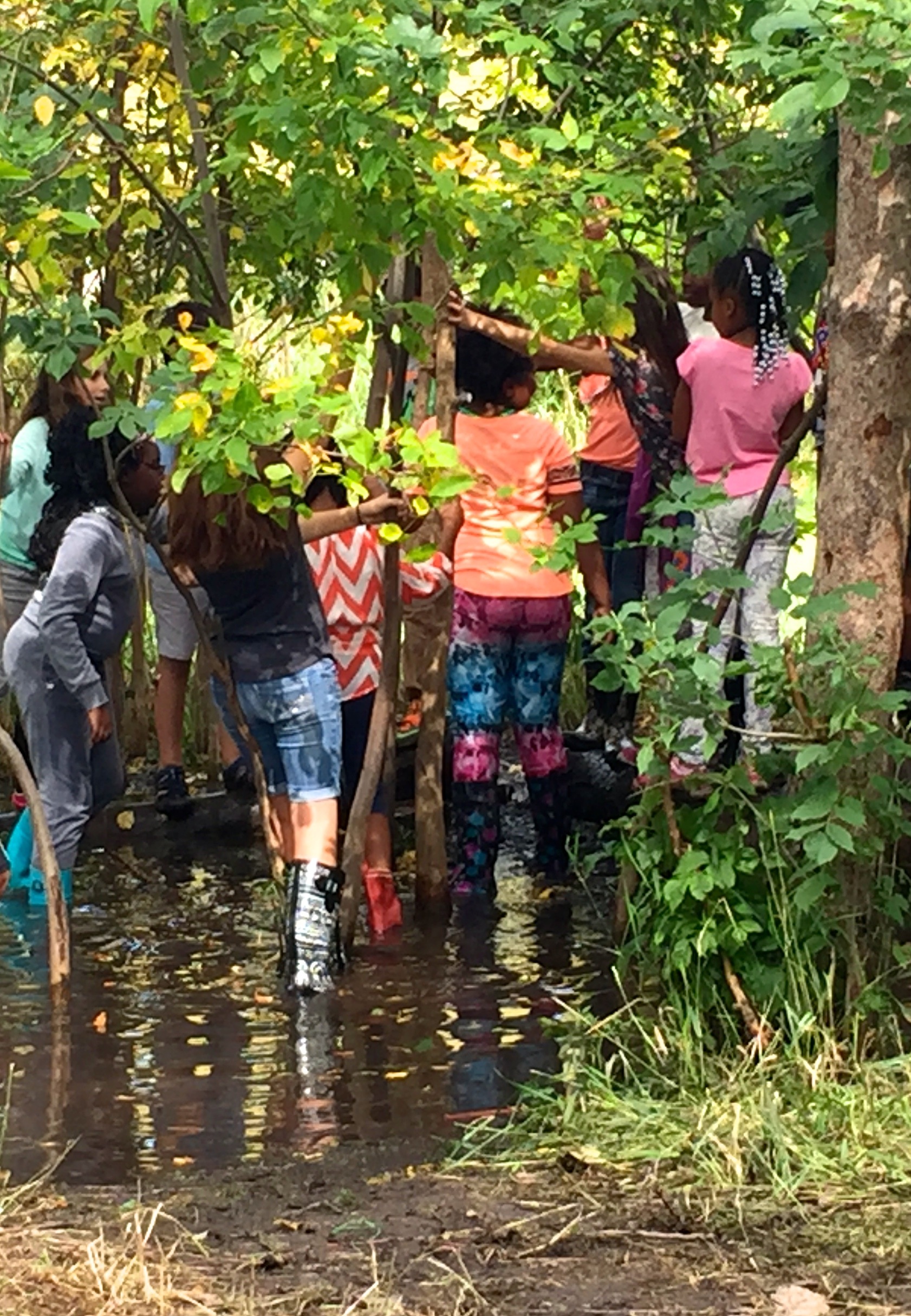Academic Programs
Learning Program Description
AMI (Association Montessori Internationale) was founded in 1929 by Dr. Maria Montessori to maintain the integrity of her work and her vision of education for children. Montessori as a name is not trademarked. In the Twin Cities alone, a Google search produced ten schools with Montessori in the title; however, that does not guarantee a rigorous commitment to Dr. Montessori's vision and principles in educating young people. By contrast, CMES hires only teachers who have been AMI certified, and CMES's director Liesl Taylor is AMI certified and has been a classroom teacher in an AMI environment. This level of rigor and consistency guarantees for families a high-quality authentic Montessori education.
Founded in 1907 by Dr. Maria Montessori (1870-1952), Montessori pedagogy educates children for life. Children have the freedom to explore and to develop their potential as they work with didactic materials, either independently or in groups, in a prepared environment. The Montessori Method is based in the concept of respect for self, others and the environment. Montessori classrooms are prepared to meet the developmental needs of the age span served within the environment.


The materials and furniture are designed for the child's physical needs (size and proportion) and psychological needs (areas of interest or skill development). Each prepared environment includes a full range of Montessori materials, a trained Montessori guide/teacher, and a trained assistant. The materials are designed to assist growth in practical life, sensorial, mathematics, language arts, music, art, science, history, and geography. The work the child performs with the materials is intended to develop mental and manual dexterity. While working with the materials, the child develops concentration, self-confidence, respect, an understanding of order, and a joy of learning.
We believe that the child and his or her needs are the central and commanding focus of the learning process. It is the role of the teacher to observe, to know, and to defend the child as he or she proceeds through the stages of development.
We see in each child the future of our society, of our nation, and of our planet. The child in the process of fundamental development has unlimited possibilities, and the future rests on our ability to cultivate and nurture these potentials.
We believe that the learning process is governed by certain basic human tendencies or needs:
- The need to communicate, to use language
- The tendency for order: the need to organize, classify, and interpret reality
- The need for independence and activity, the drive to work constructively and purposefully
- The need for social relationships
In a Montessori school, the outdoor environment is considered an extension of the indoor environment. While there is a scheduled time for large motor activities that encourage collaborative group play and allow children to gain an understanding of the rules and movements associated with a variety of sports, the space is used not only during recess. The outdoor environment is also a "work space" that can be used during the Montessori work-cycle. Throughout the day and with the accompaniment of an adult, children may work on materials, garden, or simply explore the natural landscape of our outdoor space. We also offer the children a multi-purpose room to refine their large motor skills when weather keeps us from going outside.
The Montessori teacher facilitates activities within the environment while modeling respectful behavior. The teacher is not the center of the learning process, but rather helps guide each child while also respecting his/her choices. The teachers help the children reach their full potential by guiding them towards materials that meet their developmental needs and current interests. Individual and group lessons are varied and designed to meet each child's learning style and pace. The teacher observes the children often and plans lessons based on his/her observations of the needs and interests of an individual or group.
Within the multi-age community, older children often serve as teachers and mentors for the younger children. These children share their experiences by helping others. This process not only helps create a sense of community and interdependence, but also reinforces previous learning for the older children. Self-direction encourages trust, acceptance, and non-competitiveness. The materials, teacher, and children's community come together to assist the child in developing a strong self-image and sense of self-esteem, which is critical when building an attitude of learning and exploration to last a lifetime.

